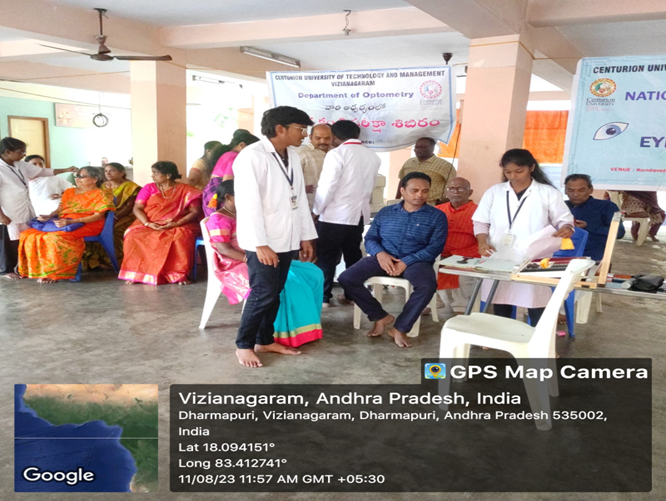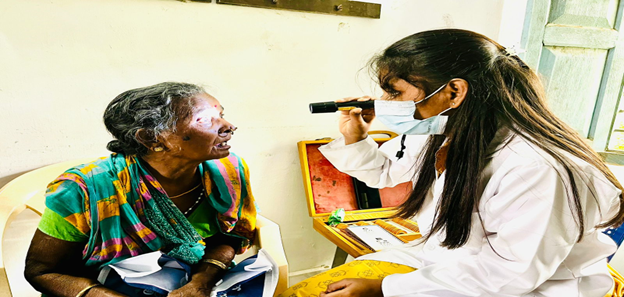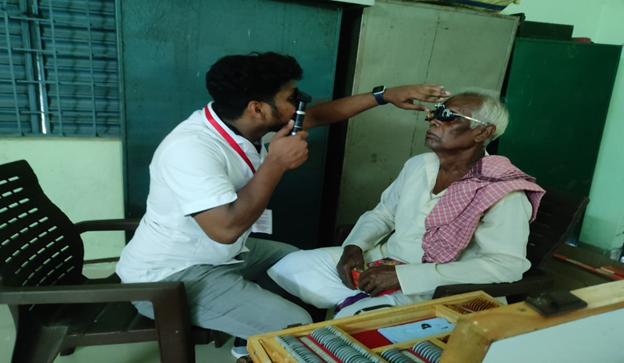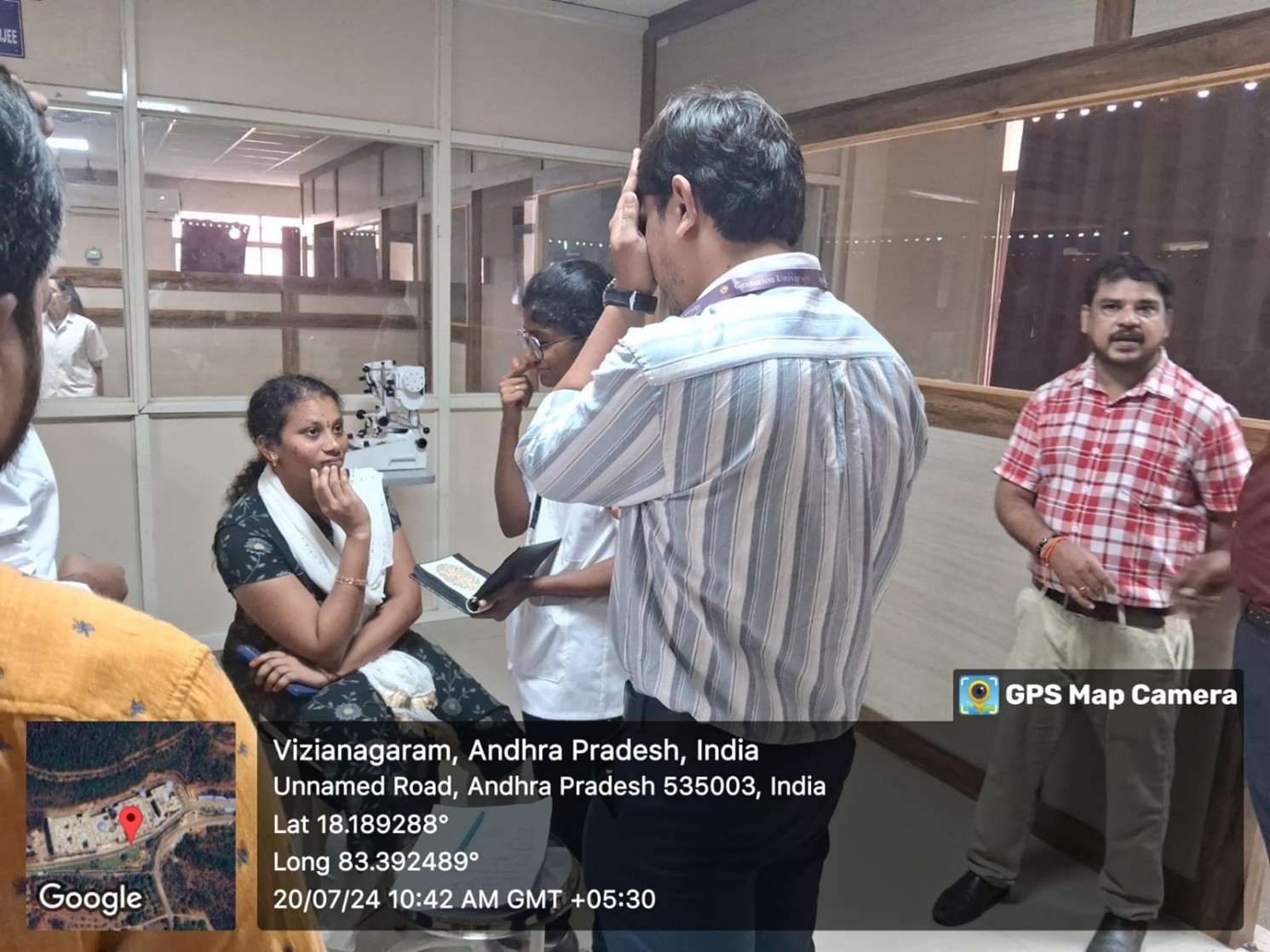- Quality education plays a pivotal role in fostering social and economic growth, especially in the context of sustainable rural development. Rural areas often face challenges such as limited access to educational resources, outdated teaching methodologies, and low literacy rates. The critical connection between quality education and rural development, emphasizing its impact on social and economic progress.
- Quality education empowers individuals with knowledge, skills, and competencies that are essential for personal and community development. A well-educated rural population can actively contribute to the growth of various sectors, including agriculture, healthcare, and local businesses.
- Access to quality education can break the cycle of poverty in rural areas by equipping individuals with the skills to secure better job opportunities and livelihoods. It enhances income-earning potential and reduces dependency on subsistence farming.
- Education not only enhances economic prospects but also empowers individuals to participate in local governance and community development. Informed and educated citizens can advocate for their rights and drive positive social change.
- Quality education introduces rural communities to modern techniques and technologies that can improve agricultural practices, healthcare services, and infrastructure development. This, in turn, promotes economic growth.
- Challenges in Rural Education:
- Many rural areas lack proper school buildings, electricity, and internet connectivity, which hinder effective learning and teaching.
- A shortage of qualified teachers in rural schools often leads to overcrowded classrooms and compromises the quality of education.
- Rural schools often have limited access to educational materials, including textbooks and technology, making it challenging to provide a quality education.
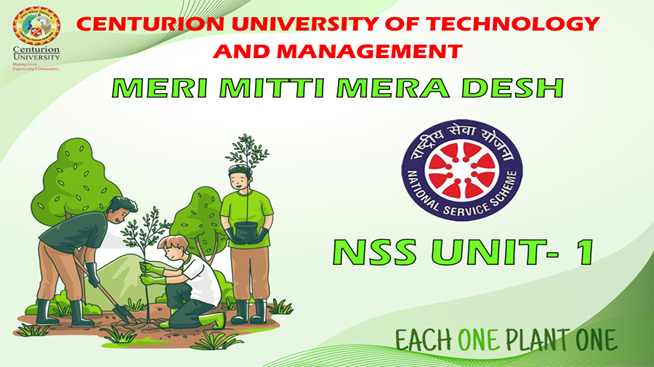
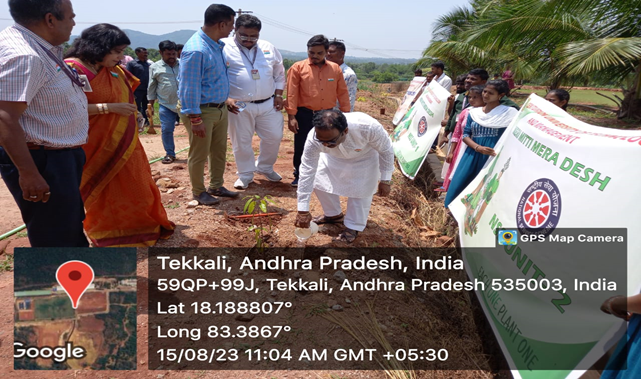
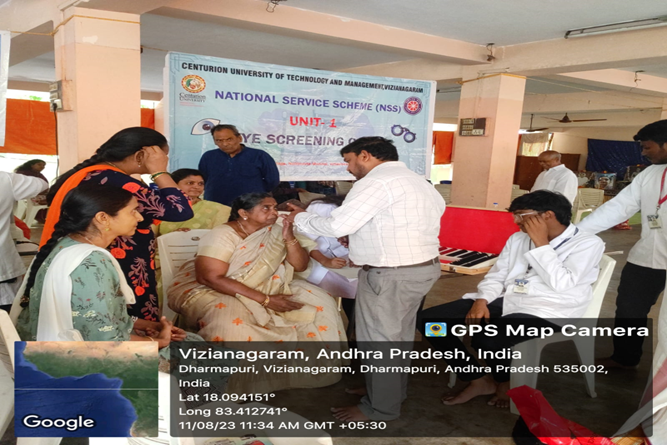
- Encouraging the involvement of local communities in supporting and improving rural schools can lead to better educational outcomes.
- Collaboration between public and private entities can bring in resources, expertise, and innovative solutions to enhance rural education.
- Leveraging digital technologies can help bridge the educational gap by providing access to online resources, virtual classrooms, and distance learning.
- Quality education is a cornerstone of social and economic growth, and it is essential for sustainable rural development. To ensure that rural areas thrive and contribute to overall national development, a concerted effort is needed to address the challenges faced by rural education and to implement initiatives that promote inclusive, equitable, and quality education in these regions. By investing in education, governments, communities, and organizations can catalyze positive change, reduce poverty, and create a brighter and more sustainable future for rural communities.
- Centurion University Andhra Pradesh strives to continue its efforts to make quality education accessible and inclusive. Access to quality education should be a universal right, regardless of gender, ethnicity, or socio-economic background. Efforts must be made to remove barriers to access, particularly for marginalized and underserved populations.
- Improving the quality of education is essential to ensuring that students gain meaningful knowledge and skills. Achieving gender equality in education is a significant milestone, particularly in many primary education systems. However, challenges persist, especially at higher levels of education and in some regions where girls’ access to education is still limited. The role of teachers is central to the quality of education. Investing in teacher training and support is crucial for ensuring that students receive effective instruction.
